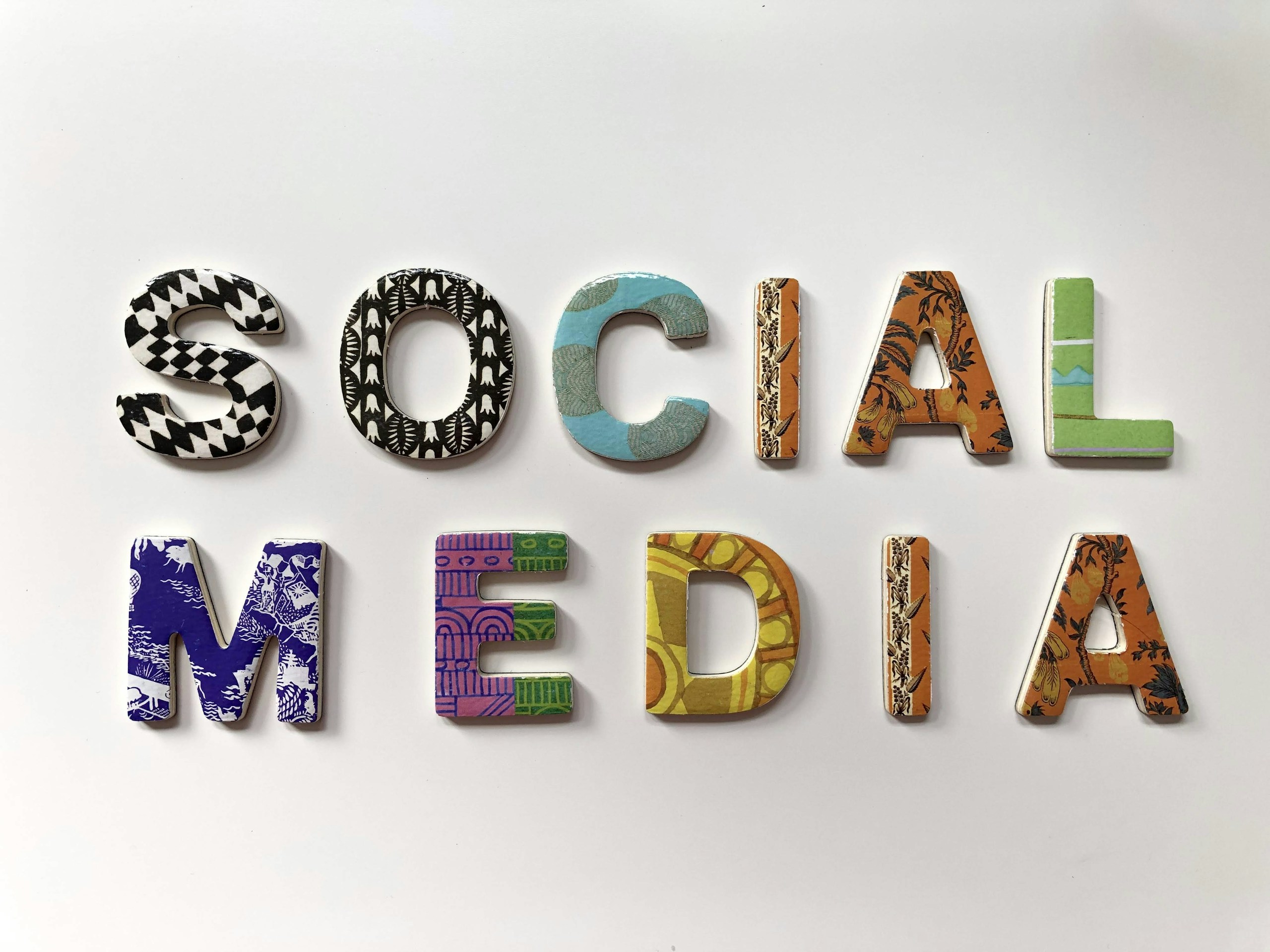
When people interact with each other they follow rules and guidelines for social interaction. Here’s an example: Let’s say I go to a café and I see you sitting by the window. We know each other, and so I come up to you and say, “Hi Richard, how are you doing today?” I expect you to interact with me, and I expect that interaction to follow a certain protocol. I expect you to look at me, in fact to look me in the eye. If our previous interactions have been positive, then I expect you to smile a little bit. Next, you are supposed to respond to me by saying something like, “I’m fine. I’m sitting outside here to enjoy the beautiful weather.” Where the conversation goes next depends on how well we know each other. If we are just casual acquaintances we might wind down the conversation, “Well, enjoy it while you can, bye!” If we are close friends, then I might pull up a chair and engage in a longer conversation.
We have expectations of how the interaction will go — and if either of us violates the expectations, then we will get uncomfortable. For example, what if I start the conversation as above, with “Hi Richard, how are you doing today?” but you don’t respond. What if you ignore me? Or what if you won’t look at me? What if you say back, “My sister never liked the color blue”, and stare into space. Or perhaps you give me more personal information than our relationship warrants. Any of these scenarios would make me uncomfortable. I would probably try to end the conversation as soon as possible, and likely avoid interacting with you next time the opportunity arises.
Online interactions follow the same social rules — When people go to a website or use an online application, they have assumptions about how the website will respond to them and what the interaction will be like. And many of these expectations mirror the expectations that they have for person-to-person interactions. If the website is not responsive or takes too long to load, it is like talking to a person who is not looking at you, or is ignoring you. If the website asks for personal information too soon in the flow of the interaction, that is like the other person getting too personal. If the website does not save your information from session to session, that is like the other person not recognizing you or remembering that you have already established a relationship.
There are cultural expectations too — Different cultures have different expectations of social rules and interactions. In the US when I meet someone new I put out my hand for a handshake, but in other cultures a handshake would not be the normal social rule for meeting a new person. In the US it’s common to ask someone new that you meet “What do you do”, but in some cultures that would seem too personal. Similarly, if a website is not modified to meet the expectations of a particular culture (called localization of the website), then it will miss the mark because it will violate social rules of the target culture.
A new definition of social media? — Some people are saying that “social media” has reached its peak and is dying. But maybe the definition just needs to get broader. Is social media just about how to connect people together online? How to use online networking as a way to promote brands or products or services? Aren’t all online interactions really social interactions?If people expect their online interactions to follow the rules of social interactions, then isn’t something as simple as showing up at the home page of a website actually a social interaction. Is filling out a form at a government website to renew your automobile registration a social interaction?
What do you think? Should web designers think about the interactions that they are building as social interactions? Should they consider how to mirror person-to-person interaction? Would they design different interactions if they were thinking this way? Is this a new definition of “social media”?
———————————
Did you find this post interesting? If you did, please consider doing one or more of the following:
add your comment
subscribe to the blog via RSS or email
sign up for the Brain Lady newsletter
share this post


Leave a Reply